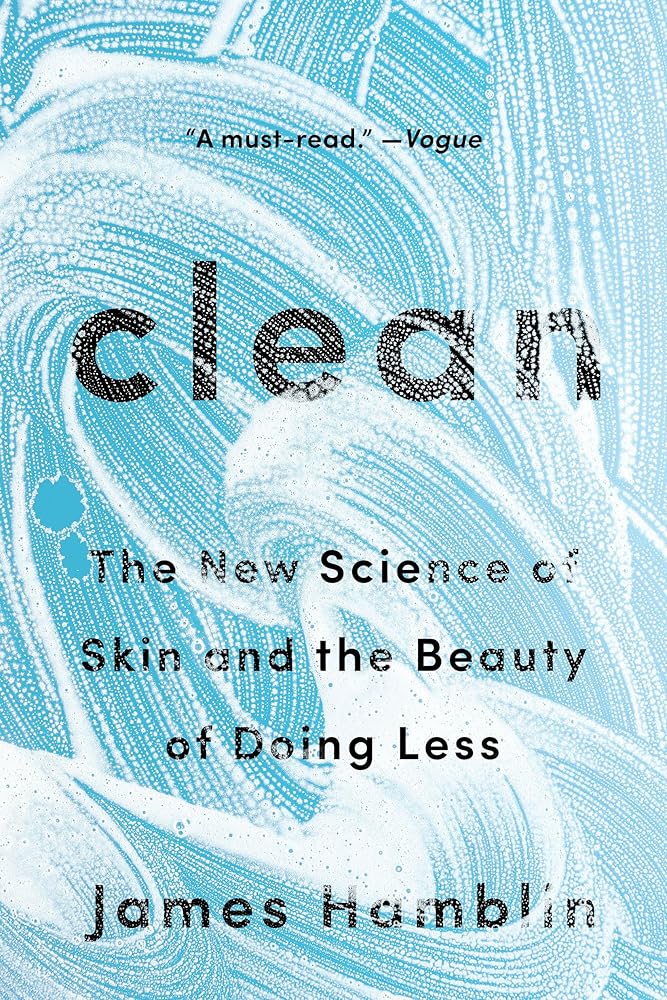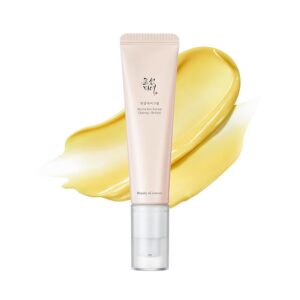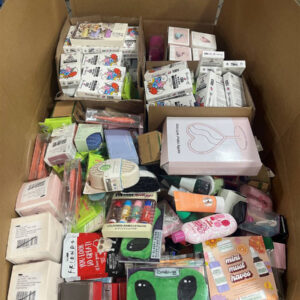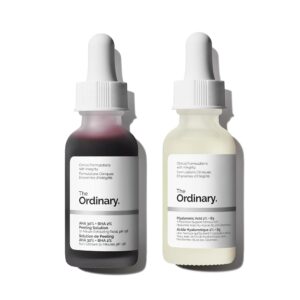Description
One of Smithsonian’s Ten Best Science Books of 2020
“A searching and vital explication of germ theory, social norms, and what the modern era is really doing to our bodies and our psyches.” —Vanity Fair
A preventative medicine physician and staff writer for The Atlantic explains the surprising and unintended effects of our hygiene practices in this informative and entertaining introduction to the new science of skin microbes and probiotics.
Keeping skin healthy is a booming industry, and yet it seems like almost no one agrees on what actually works. Confusing messages from health authorities and ineffective treatments have left many people desperate for reliable solutions. An enormous alternative industry is filling the void, selling products that are often of questionable safety and totally unknown effectiveness.
In Clean, doctor and journalist James Hamblin explores how we got here, examining the science and culture of how we care for our skin today. He talks to dermatologists, microbiologists, allergists, immunologists, aestheticians, bar-soap enthusiasts, venture capitalists, Amish people, theologians, and straight-up scam artists, trying to figure out what it really means to be clean. He even experiments with giving up showers entirely, and discovers that he is not alone.
Along the way, he realizes that most of our standards of cleanliness are less related to health than most people think. A major part of the picture has been missing: a little-known ecosystem known as the skin microbiome—the trillions of microbes that live on our skin and in our pores. These microbes are not dangerous; they’re more like an outer layer of skin that no one knew we had, and they influence everything from acne, eczema, and dry skin, to how we smell. The new goal of skin care will be to cultivate a healthy biome—and to embrace the meaning of “clean” in the natural sense. This can mean doing much less, saving time, money, energy, water, and plastic bottles in the process.
Lucid, accessible, and deeply researched, Clean explores the ongoing, radical change in the way we think about our skin, introducing readers to the emerging science that will be at the forefront of health and wellness conversations in coming years.
Read more





Adie –
Brillianty written and informative!
Leah K –
I found out about this book a week before its release, and I was immediately excited. I’ve seen Dr. Hamblin’s video series on the human microbiome and loved his article on not showering. His reports inspired me to go laregly soapless more than a year ago. I didn’t expect the book to go into so much detail about the history of soap and cosmetics and how they became ingrained into our culture. I am intrigued by tales of legally deceptive marketing, and this book definitely addresses that aspect. It is also inclusive and descriptive of some other cultures’ attitudes toward cleanliness. Overall it is more than I expected. I wanted to hear more about Dr. Hamblin’s routine and his journey toward finding his personal version of clean. However, after reading the book I understand that there is no one size fits all approach to optimum skin health. I’ll be looking further into the reference section to satisfy my new curiosities about FDA cosmetic regulations, the microbiome’s role in allergies, and the mites living on all of our faces.
M. Morgan –
I enjoyed the read. Wish it delved deeper into topic. One review describes the book as an introduction to the topic. Quite right.
gemg –
I enjoy science history and this book has a lot about soap and public health organized by topic in chapters, which doesn’t always flow well. I enjoyed the chapter on the skin microbes, which seems to be the new cutting edge research.
People who use a lot of skin products will probably not get past the beginning. But if they read on the author reveals the marketing lies that sell products through the last century. He includes selected references for each chapter.
However, I am not convinced by the author’s experiences and interviews about not applying anything to the skin. I just wouldn’t want to go through a transition period of a couple months working around people. I do believe in being a minimalist about using products on the body but that was my belief before reading the book. The author at the end does admit the pandemic brought showers back into his life.
Overall, an interesting read if you like science history.
Mo ka –
I wanted to try something new. But I did not like it. The idea behind it seams appealing to buy it in the first place but then it become so boring and flat with some reports from some factories! Meh! I decided to stop reading it actually. But the the way of writing and the first idea was good 3 stars is a prise :/ if it was an article in 20 pages it was more reasonable than to be a book.
Annika –
I had read about this book and was intrigued by someone who did not shower especially a physician. There is much more to the book including fascinating information about recent research into the microbiome of skin.
Klid Saraci –
An eye opener for most of us on the anals of the cosmetics industry. A must read for anyone using beauty products
Bama Fan –
This book does a good job of covering all different aspects of your skin and the history of cleanliness. The conditions that we are exposed to now and that our ancestors were exposed to are much different and Hamblin goes on a quest to talk to people who are working to try to figure out what the best methods are to keep your skin clean. He interviews scientists, regular people who have had skin issues and takes a peek at the industry of start-ups who are looking to make products for your skin that have less and less ingredients. It is a good book for anyone that is curious and I enjoyed reading it thoroughly!
Jacob –
For sure, this title has impacted my way of thinking regarding germs and stuff yet the historical and sometimes confusing anecdotes made it less fun to read.
P. Lewis –
A very informative book, can definitely recommend. A lot on the importance of bacteria on the skin. As a result of reading this book, I am cutting back on how often I have an all over wash (and saving on water!). But as the book recommends, some bits need to be washed often. The only issue I have is that it is recommended we wash less often, as soap removes good bacteria and oils from the skin, we then need to add oil to the skin. but we also have dirt mixed in with the oil, I personally dont think we should wash too rarely therefore, as our skin will become too grubby, as point the book does not address. it is better to wash enough to remove the dirt, even if we have to replace the removed oils.
Christie –
I expected a detailed explanation of why no one should shower. Instead i found a mix of history, research, anecdotes, and some dry humor that made for an amusing but educational read.
Hamblin takes an evidence-based approach to skincare while also exploring historical and cultural context. I especially appreciate that he doesn’t just say we’re all doing everything wrong and then prescribe a solution or try to sell something (as so many books by doctors do these days). Instead he gives a comprehensive history of how we got to where we are in terms of being “too clean” and what existing and emerging research has to say on the subject. And rather than being hypercritical or dismissive of those who do spend money on fancy untested products, he acknowledges that many individual decisions around skincare and wellness can be a rational response all things considered. Facials do feel great and many people have tried all traditional treatments before turning to expensive untested regimens.
This book is an entertaining and informative read without any of the sensationalist garbage that is so often central to “wellness” books. I’d recommend it to anyone who is interested in learning more about how to take care of their skin and body without having to sift through marketing spin or miracle cures.
Maggie & Kates Mom –
Extremely well researched and well written (and the author has an understated but reader appreciated sense of humor) I bought the book after watching an interview with him discussing his book. The “hook” was him talking about his decision to stop showering …..but the book ended up being about so much more than our obsession with being clean. Lots of really interesting facts and information about soaps and other health care products and their history (I am recommitted to Dr. Bronner’s products and the company ethic) but what I was most fascinated by was the information relative to microbiomes. Sounds like dry reading but it is not. I was aware of microbiomes and had been piecing together theories of my own (like why my dogs are so fond of cow poop etc I choose to embrace the microbiome theory rather than just think my pups are disgusting!) He pieces it all together and it makes absolute sense. Anyway….I found it to be engrossing and entertaining. I also appreciate a seeker of truth who is a good writer! Definitely recommend!
ash –
If you care for your overall health, you need to read this book and understand how our skin microbiome affects our skin, immunity and a lot more!